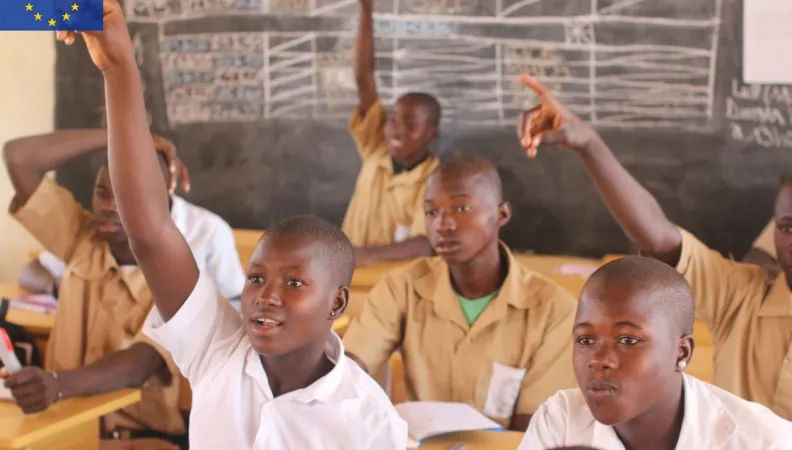Share the page
Inequalities in access to basic services and impact of public policies in Côte d'Ivoire

-
Project start date
-
2018Status
Completed
-
Project end date
-
2019
-
AFD financing amount
-
134 532.20
-
Country and region
-
Location
-
Côte d'Ivoire
-
Research program
While the Ivorian economy is experiencing a definite upturn, there is hardly any decline in the level of poverty and inequalities. This research program has been included in the Strategic Dialog Memorandum between the Ministry of Planning and Development and AFD, to look for ways and mechanisms that may help lower the level of inequalities. Its aim is to take stock of the inequalities in Côte d'Ivoire and especially to examine the impacts of shocks, access to basic services, and public policies.
Context
An upturn in growth in Côte d'Ivoire since 2012 has been observed, with average growth rates in real GDP surpassing 8%. However, this renewed vitality in the economy has not yet been felt by all of Ivorian society. The level of poverty remains high (46.3%), as does that of inequalities. (The Gini index for 2015 is estimated at 0.402 by the National Statistics Institute and 0.415 by the World Bank). We can thus see that, while the Ivorian economy seems to be doing well, a very large proportion of its population is excluded from the benefits of this economic upturn.
This project is part of the first phase of the Research Facility on Inequalities, coordinated by AFD and funded by the European Commission's Directorate-General for International Partnerships over the 2017-2020 period. The first phase of the Facility has led to the conduct of 22 research projects and the publication of around 100 research papers and policy briefs.
Goal
This research program on inequalities in Côte d’Ivoire will first take stock of the inequalities there, and then it will carry out scientific studies on three themes:
- the impact of shocks on inequalities;
- the inequalities of access to education and to quality health services;
- the impacts of public policies on inequalities.
The study will also focus on the perception of inequalities by Ivorians.
Method
The research on inequalities will take stock of the Ivorian situation and will review the initiatives of public authorities to fight monetary and non-monetary inequalities. Using the data available on the living conditions of the households, the main indicators for the measurement of inequalities will be calculated and a representation of the spatial distribution of the inequalities will be carried out in the form of maps. Subsequently, an analysis will be carried out on inequalities in opportunities (measured by the effect on opportunities from parents’ education, their occupation, place of birth, and gender) with regard to access to property and assets, as well as on the sources and the perceptions of these inequalities.
The study on the shocks will be based on statistical analysis and modeling methods (in particular, a linear regression model and a panel data model will be applied). Access to basic services will be covered mainly with the help of micro-econometric models. The study of the effects of public policies will be considered with a microsimulated inter-industry model, then by impact evaluation models.
Results
The project is expected to produce a review describing the state of public interventions designed to eradicate inequalities in Côte d'Ivoire. The study on the perception of inequalities will also make it possible to measure the extent to which households are conscious of the need for greater social justice and identify possible measures at the individual level. This research will also help identify the mechanisms of intergenerational transmission of inequalities and will propose policy measures for social mobility in Côte d'Ivoire.
This research will give rise to conferences and workshops. Various publications are also expected: a report, policy briefs, and research articles.
You may find the report and the research papers linked to this project here (in French) :
- Etat des lieux des inégalités en Côte d'Ivoire
- D'où proviennent les inégalités en Côte d'Ivoire?
- Analyse de l'impact de la crise de 2002 sur les inégalités en Côte d'Ivoire
- Impacts des dépenses publiques sur les inégalités en Côte d'Ivoire: le cas des secteurs sociaux
You may find the policy briefs linked to this projet here (in French) :
